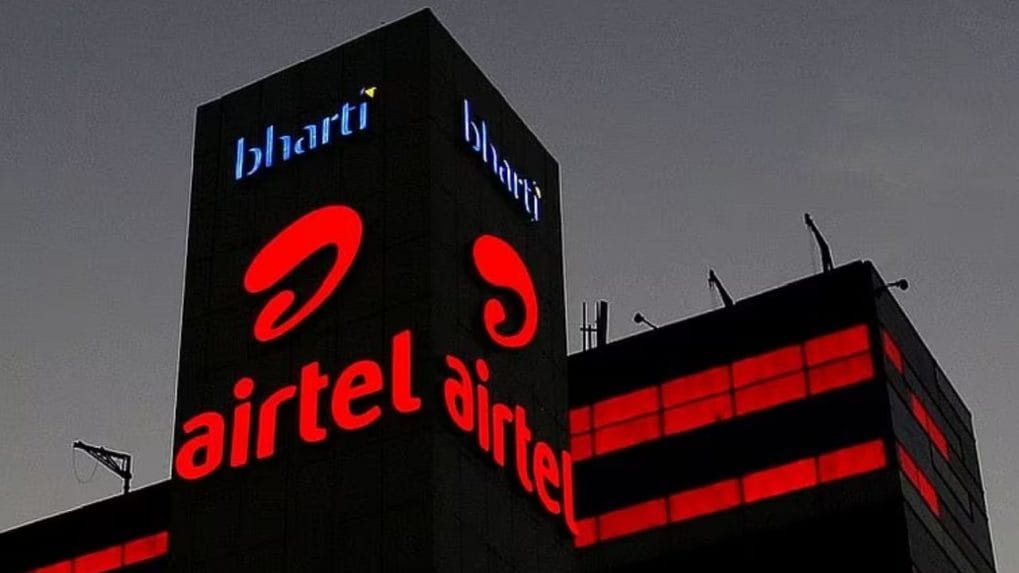Agency News
'Why buy a network that even Dentsu couldn’t fix?': Inside the gamble of Dentsu's international arm sale

The Supreme Court has dismissed an appeal by Bharti Telemedia, a subsidiary of telecom major Bharti Airtel, affirming the constitutional validity of entertainment tax levied by state governments on direct-to-home (DTH) television services. The significant ruling is set to have wide implications for the broadcasting industry.
The judgment, delivered on May 22 by a bench comprising Justices B.V. Nagarathna and N.K. Singh, establishes that both the central and state governments are within their rights to levy service and entertainment taxes, respectively, on aspects of the same broadcasting activity.
Bharti Telemedia had challenged the authority of states to impose entertainment tax, arguing that its operations fell strictly under the purview of service tax, which is governed by the central government. The Court rejected this argument, ruling that the dual tax regime does not constitute legislative overlap but reflects distinct taxable components.
“There is no overlapping in fact or law,” the bench wrote in its 321-page decision, “as different facets of the same activity are being taxed under different entries by separate legislative bodies.”
According to the ruling, the act of broadcasting - transmitting television content via Set-Top Boxes and decryption equipment provided to subscribers - includes both a service element and an entertainment component. The service aspect, subject to central taxation under the Finance Act of 1994, is distinct from the entertainment delivery, which states may classify and tax as a luxury under Entry 62 of the State List.
Bharti Airtel, in a statement released Friday, confirmed the dismissal of its subsidiary’s appeal and disclosed that the estimated financial exposure from the ruling amounts to ₹585 crore. Of that, the company noted, ₹575 crore has already been paid by Bharti Telemedia and the remaining amount has been fully provisioned in its financial accounts.
“The company is currently reviewing the judgment and will determine its next course of action accordingly,” the statement added.
The case emerged from a consolidated group of appeals involving several states and broadcasters, with the lead petition titled State of Kerala vs. Asianet Satellite Communications Ltd. At the heart of the legal challenge was the contention that state-imposed entertainment taxes discriminated against DTH providers by exempting cable operators. That position had found favor in a 2012 ruling by the Kerala High Court, which the Supreme Court has now explicitly overturned.
Justice Nagarathna, writing for the Court, emphasized that the method of content delivery, whether through cable or satellite, does not alter the underlying nature of the entertainment service.
“No entertainment can reach the viewer without the broadcaster transmitting signals that carry the performance, film, or program,” the ruling stated. The physical devices enabling access to such content, it continued, “reinforce the taxable nature of the activity under both regimes.”
The decision is expected to set a precedent for future disputes in a fast-evolving media landscape, particularly as digital and broadcast platforms continue to converge.
Today’s B2B marketers wear many hats: strategist, technologist, and storyteller.
Read MoreThe Online Gaming Bill 2025 imposes severe penalties, allows warrantless search and seizure, and empowers a central authority to regulate the digital gaming ecosystem. It is expected to disrupt platforms, payment systems, and advertising in the sector. Here's all you need to know about the bill.